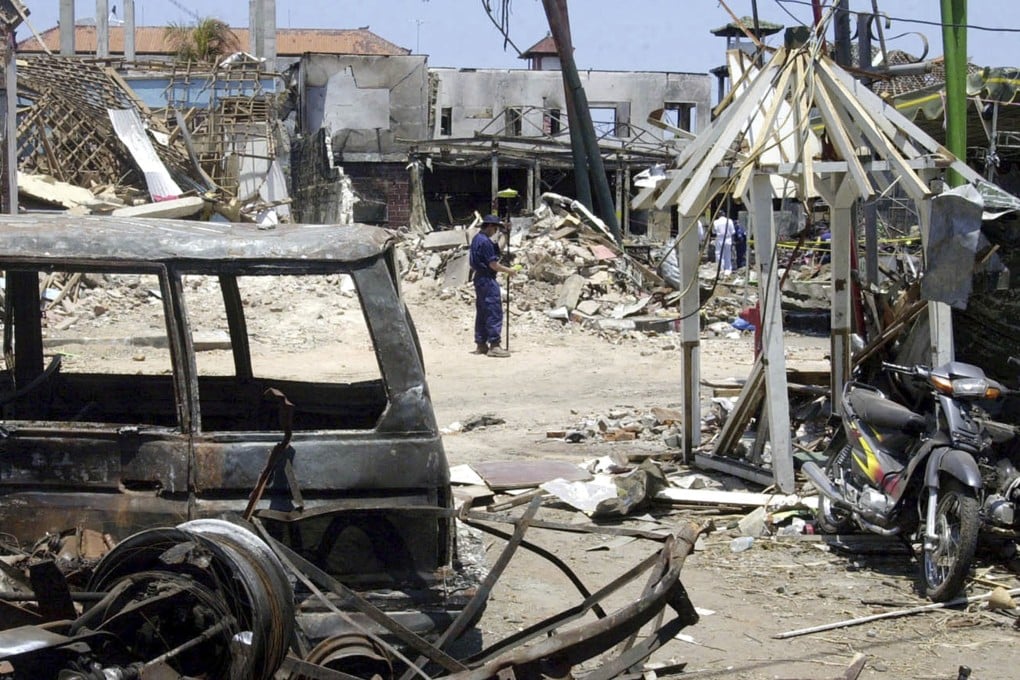Jemaah Islamiah’s disbandment in Indonesia rings hollow for Bali bombing families
- The militant group also says it will align the curriculum of its affiliated schools with the national syllabus

Last month, 16 senior JI members announced the dissolution of the group behind the bombings in the Indonesian city of Bogor.
Abu Rusdyan, who was widely believed to be JI’s leader, said the group has pledged its allegiance to Indonesia. JI will also revamp the hardline Islamist curriculum of its affiliated schools, which number about 100 in the country, by aligning it with the national syllabus, according to the announcement.
To Melbourne-based Jan Laczynski, who lost five of his friends in one of the bombings, JI’s announcement was scant consolation.
“Sadly, the damage that JI has done can never be truly disbanded for all those families and friends of their terror attacks … the pain and anguish remain forever,” Laczynski, who works in the aviation sector, told This Week in Asia.
On the night of October 12, 2002, Laczynski left Bali to return to Australia. Not long after he reached Melbourne, he found out that his Indonesian friends – Wayan Tamba, Rudy Armansyah, Ketut Sumarawat, Made Mertana and Kadek Sukerna – who worked at the Sari Club in the Kuta tourist district were killed when a one-tonne bomb was detonated outside the club.
